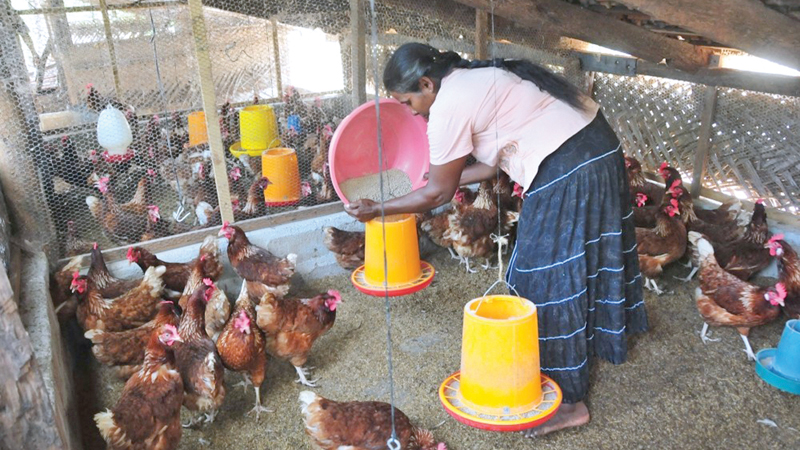Amendments to electricity tariffs will be carried out in a cost reflective way and not in a manner that will burden the masses as projected by those seeking to gain political mileage and fulfill their personal and political agendas, said a senior official of the Energy Ministry.
Responding to media reports that there would be an electricity tariff hike in the range of 25 to 35 percent he said, no decision has been made with the figure as yet.
According to certain media reports a proposal to hike electricity tariffs to the tune of close to 30 percent is on the cards and it’s under consideration by the Ceylon Electricity Board.
Energy sector experts have been insisting that a cost reflective tariff mechanism is the way to go about to avert utility providers making losses.
Following a cost reflective tariff system, the Government is contingent on Sri Lanka continuing to receive the next tranches from the International Monetary Fund under its Extended Fund Facility program.
Sri Lanka and the IMF entered into a program to support Sri Lanka’s ailing economy due to a drastic decline in foreign reserves in 2022.
However, it is the poorer segment of society and the micro, small and medium sector enterprises that are the most affected by any upward revision in utility prices and tariffs.
The SME sector considered the backbone of the economy has been at the receiving end of mostly ad hoc tariff revisions of utilities than been beneficiaries of rate changes.
“An electricity tariff increase at this time is the last thing that we want as we are trying to raise our heads from a triple whammy,” said the proprietor of Ananda Electricals in Pettah, Ananda Perera. Most SME sector businesses have not been able to revive their enterprises since the Easter Sunday attacks which were followed by the global pandemic and then the economic crisis in Sri Lanka.
Many SMEs had to wind down operations since their businesses were not sustainable.
“I had taken loans since the outbreak of the global pandemic hoping that the situation will be back to normal soon but my hopes were dashed with the financial crisis,” said Nimal Saparamadu who runs a fish stall in Negombo.
The new tariff structure will be prepared in keeping with the formula agreed by the CEB and presented to the Public Utilities Commission of Sri Lanka for approval. “Surviving with a meagre income from the sale of eggs is a tough call and top of it a higher electricity bill will be unbearable,” said Manamalie Withanage who runs a poultry business at her residence.
The global lender will release the next tranche of US$ 344 million as per its review of the program with Sri Lanka.






